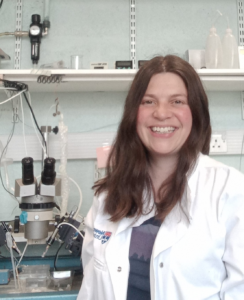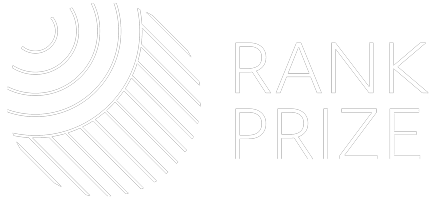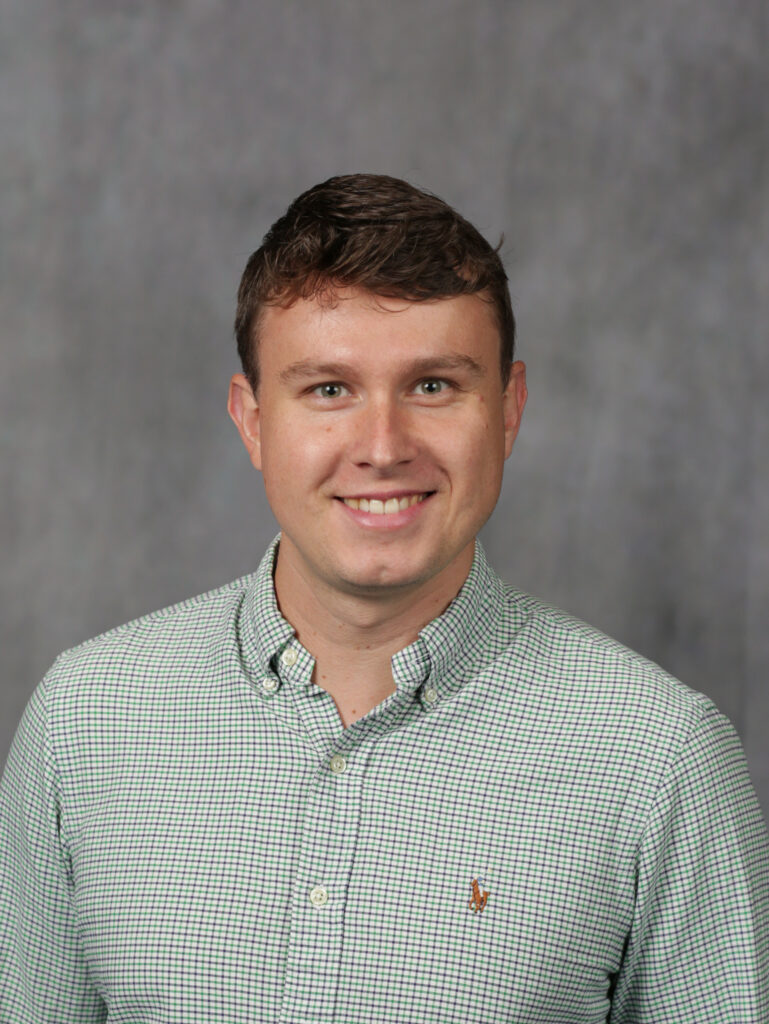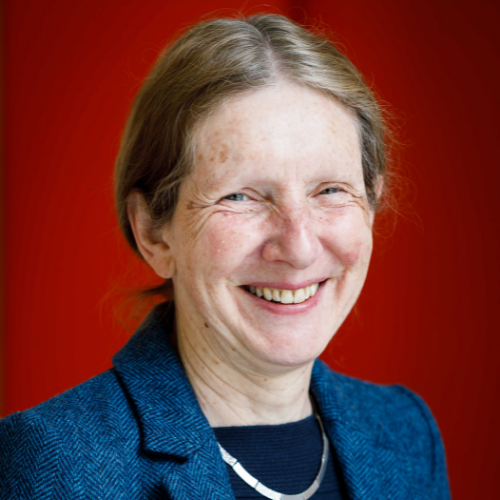Funding research into insect nutrition
Nutrition
Animals live in a world full of bacteria. Some bacteria are harmful but many are beneficial (symbiotic), like those in our intestines which aid food digestion. Numerous insect species (including destructive crop and horticultural pests such as aphids, whitefly and mealybugs) rely on bacteria called endosymbionts, located within specialised insect cells. These pest insects feed exclusively on plant sap despite it being lacking in essential nutrients. The endosymbionts synthesise these nutrients for their host insect and in turn gets all their nutritional needs met by the insect. Often, neither insect nor endosymbiont can survive without the other partner. Dr. Catriona Anderson’s project will create unique tools to study specific proteins called transporters which are responsible for allowing nutrients to pass between the insect and endosymbiont.
This research will help define the critical role of transporters in maintaining the insect-bacteria partnership and, ultimately, their importance to insect health and survival. As up to 10-20% of all insect species have endosymbionts, this work will improve our understanding of a fundamental aspect of insect biology. It will also underpin new approaches to species-specific insect pest control and sustainable crop protection.

I am really thrilled and very grateful to the Rank Prize Nutrition Committee for funding this project. The grant will make a big difference to my work going forward. Being able to generate these bespoke tools will allow me to expand the techniques currently used in my lab and will be key to future funding applications. I anticipate these tools will have real long-term value to both me and the wider field.”
Catriona Anderson NU Academic Track Fellow, Newcastle University
New Lecturer grants are designed to help new lecturers, researchers and fellows establish their careers as independent investigators in human nutrition, animal nutrition or crop science.
The grant is currently closed but will open again in summer 2023.





